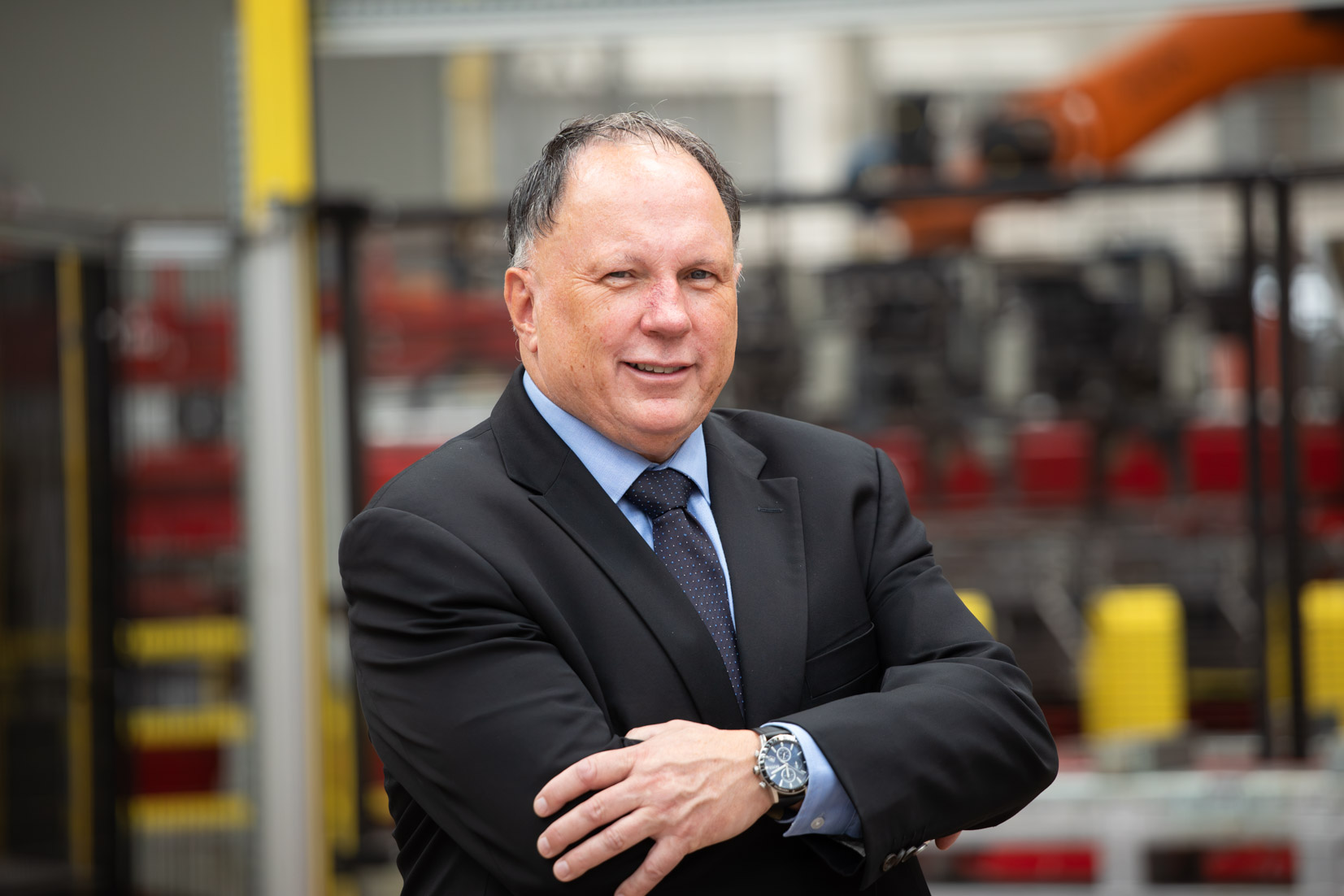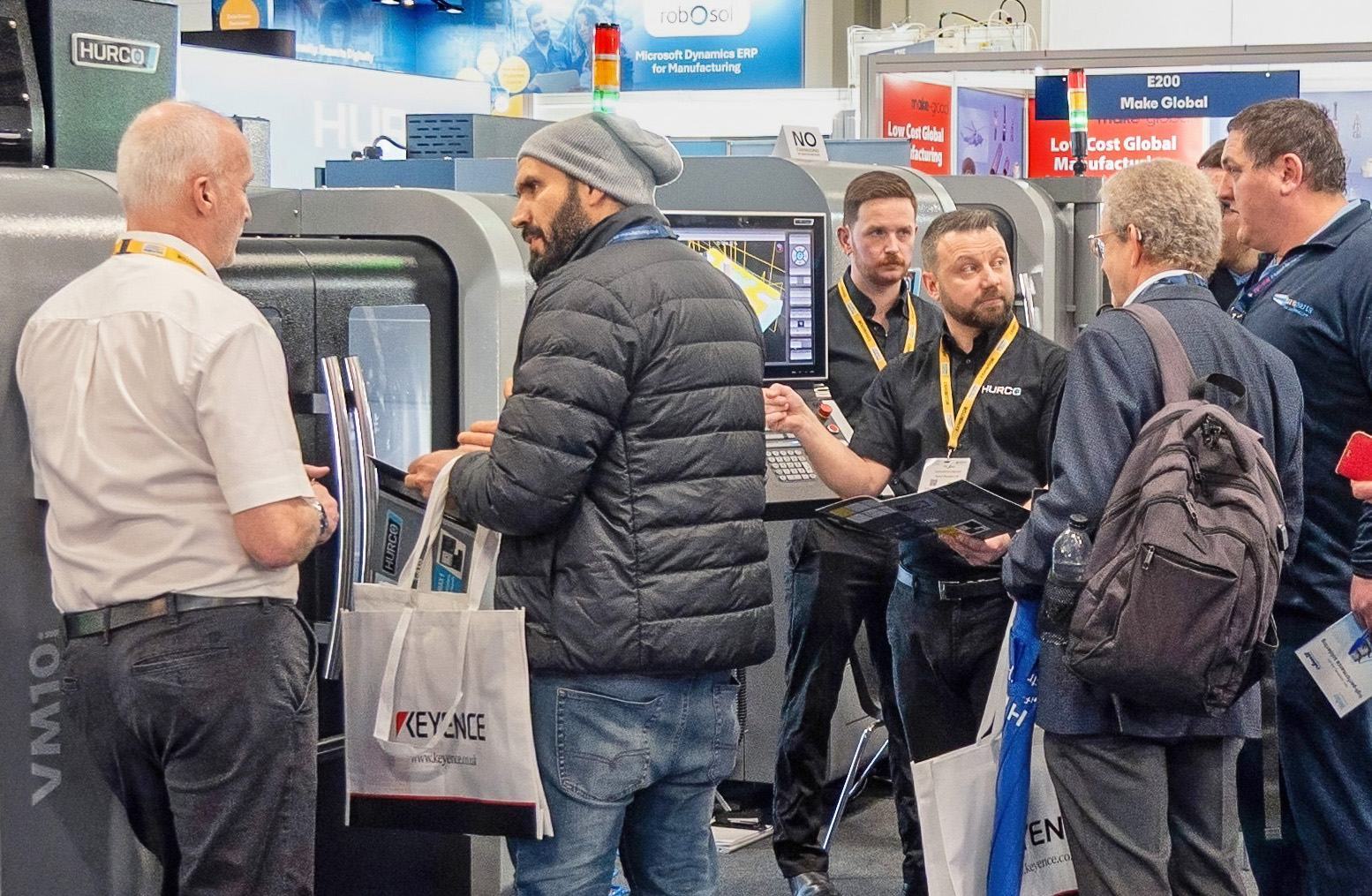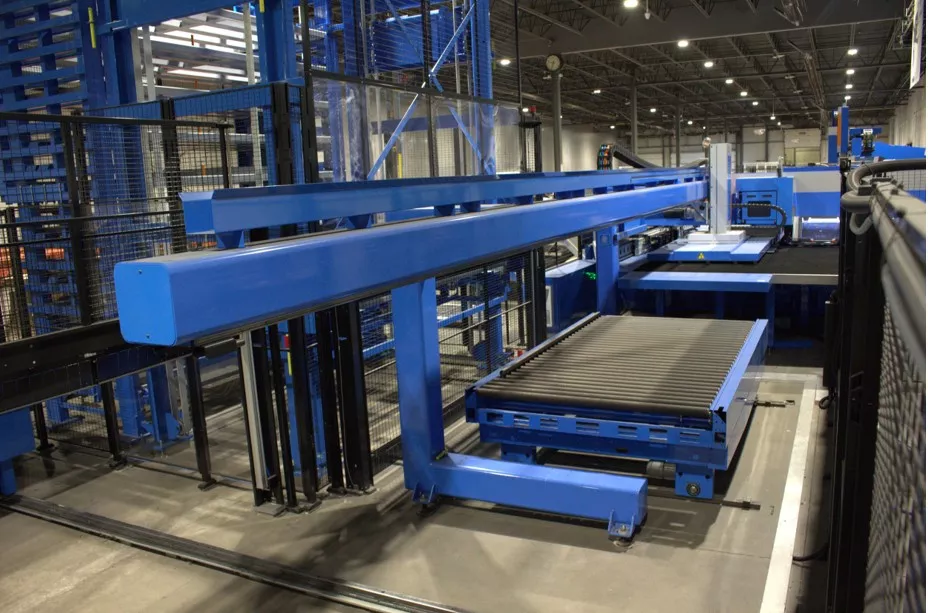CBM President hits out at the missing ‘SME’ manufacturing voice as initial business optimism with Labour evaporates

Labour has pulled the red carpet of ‘growth’ from under UK manufacturing following its recent budget and failure to act swiftly on a stalled EV market.
That was the powerful message from the Confederation of British Metalforming (CBM) after canvassing its 200 member companies, the vast majority of them classed as small to medium-sized manufacturers (SMEs).
President Steve Morley took this view to London this week when he met with local Labour MPs in Parliament, who so far have been very supportive on the issues directly impacting SMEs.
Nationally is a different story, with the budget seeming to be straight out of HM Treasury’s playbook and forcibly supported by the Chancellor at the recent CBI summit – thus losing the small amount of goodwill that is still in place after employer NIC contributions and minimum wage rises squeezed company bottom lines even further.
The automotive veteran, who spent more than two decades working at Sertec Group, is now questioning whether the government can be trusted to deliver on its much-heralded Industrial Strategy.
“Former Labour Prime Minister Harold Wilson famously coined the phrase ‘a week is a long time in politics,’ well I think we can now say that a day is a long time in politics,” explained Steve.
“All of the optimism following the Election, and the promise of an Industrial Strategy, has been wiped away with the ill-thought-out budget. The tax hikes forced on to businesses could have a devastating impact on SMEs, who are still grappling with the impact of inflation and energy prices far higher than their European counterparts.
“This additional burden – estimated to cost our members tens of millions of pounds – is another whammy to an already under siege sector, with the stagnation of the EV market leaving the UK market in a state of purgatory.”
He continued: “Going forward this now begs the question…can we trust Labour with the Industrial Strategy? It is one thing introducing one, but it’s the content that counts especially for SMEs, who are constantly overlooked.
“Who is really speaking for small to medium-sized firms in manufacturing? For me it wasn’t only the government’s credibility that was damaged by the budget but that of the B5 lobbying groups. Given their direct access to the powers that be at Whitehall, the failure to deliver for business left them at best ‘hoodwinked’ and, at worst, looking naïve. Would the government have treated the unions in the same way?
“Lobbying is all well and good but if you are going in softly softly all the time, this is what happens! It is far too cosy and needs a shake up, only then will we see clear support for SMEs, who are the foundation of manufacturing in the UK.”
The Confederation of British Metalforming represents the interests of UK manufacturers of fasteners, forgings and pressings, cold-rolled and sheet metals products, a large proportion of which ends up in the automotive industry.
Declining sales of EV vehicles and the Zero Emission Vehicle (ZEV) mandate, which is going to start taxing car makers if they don’t hit targets for electric sales by 2025, is sending shockwaves through the sector and this is being felt throughout the supply chain.
What was heralded as a stimulus is having the opposite effect and both Ford and Stellantis have both quoted the ‘EV pathway’ as a reason for factory closures and job cuts in the last few weeks.
“Business Secretary Jonathan Reynolds has said there will be an urgent consultation, and this has to happen before more self-harm is inflicted,” added Steve.
“There was an opportunity for the UK to lead the world in this space, but the incentives and the stimulus were not continued in the concerted way they should have been – now our desire to be the first to meet EV targets is threatening the very existence of the sector.”
He concluded: “It’s not too late, but Labour needs to listen hard to the SMMT message on EV support and make sure that the voice for small and medium-sized manufacturers is heard and integrated into the development of the Industrial Strategy. If they achieve this, then some small crumbs of optimism may return.”








